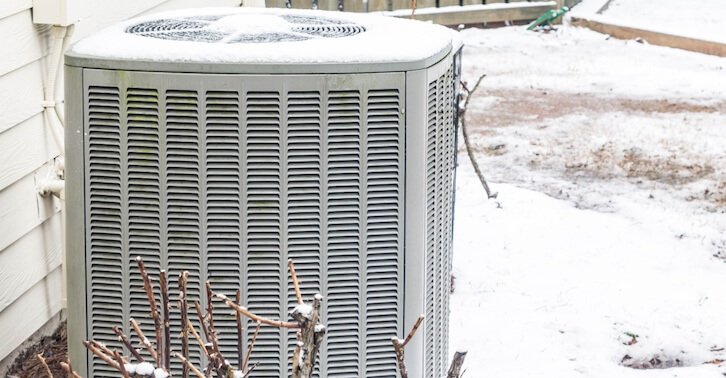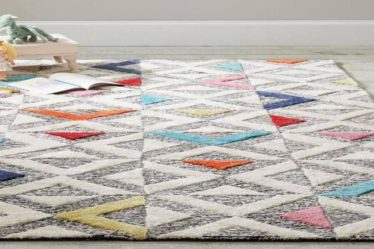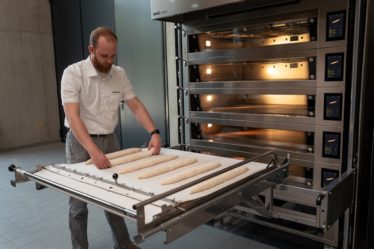
Noticing the water beneath your heat pump is a situation to get worried about as it might cost you a lot. And, if you see the water in winter then there is a complete chance that you have to deal with the condensation. Hence, you must know about the condensation occurrence, how leakage occurs and why it becomes a significant issue.
Working of ductless heat pumps
Before jumping to other things, it is essential to know what is a heat pump and how does it work. Because of understanding the process of condensation, first, you should know about the operation of the HVAC system. The actual working is associated with the capturing of heat and dispersing it inside at the time of winters and outside when there is summer.
The whole act is performed with the help of a refrigerant that is a substance meant for transferring heat from one place to another. During chilly weather, heat is ideally drawn from the outside air and then transferred inside your room. This in turn results in increasing the indoor temperature.
When the condensation becomes a real problem?
Truly speaking, the condensation normally occurred over grass or yard. Hence, there is very little chance of dripping liquid becoming a major problem. So, the ground where heat pumps are installed should be capable of absorbing water and allow the sunlight to dry off any excess.
If you are residing in an area where the sunlight reach is minimum, then the issue can be more serious. The collection of water heightens up the chance of potential hazards as standing water results in damaging the surface.
If this water doesn’t evaporate, it results in the formation of algae or spores, which generally grow near damp surfaces.
Contact the professionals for help
Wolfers Heating is here to answer all your questions related to heat pump situations. You will get a guide to heat pumps and finding the best contractor who will help you in dealing with the situation. We provide our services by prioritizing the customers’ requirements. Do contact our team to book an appointment now.



